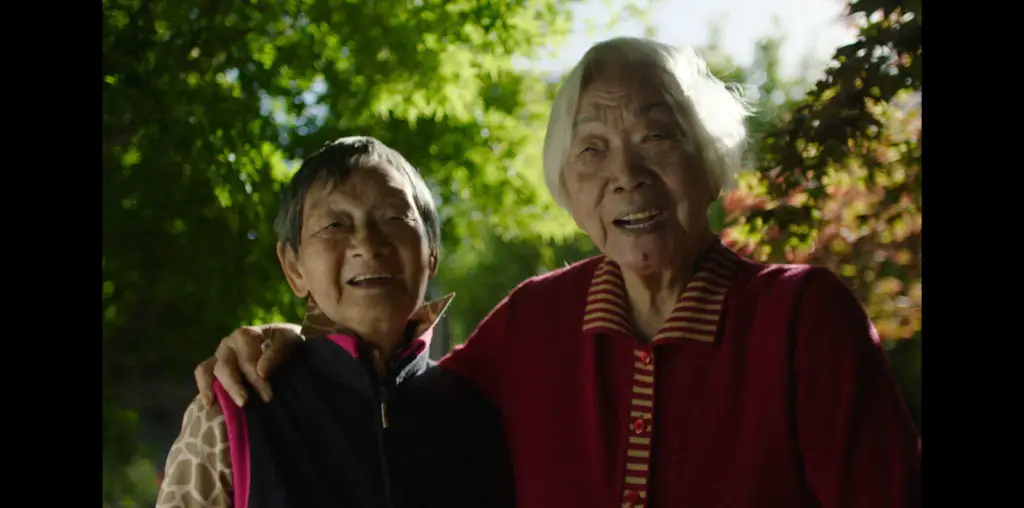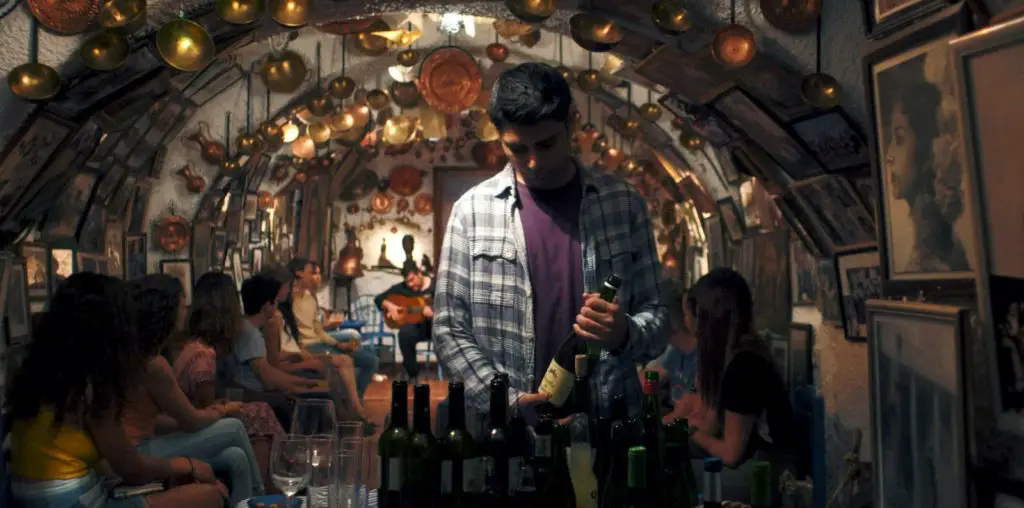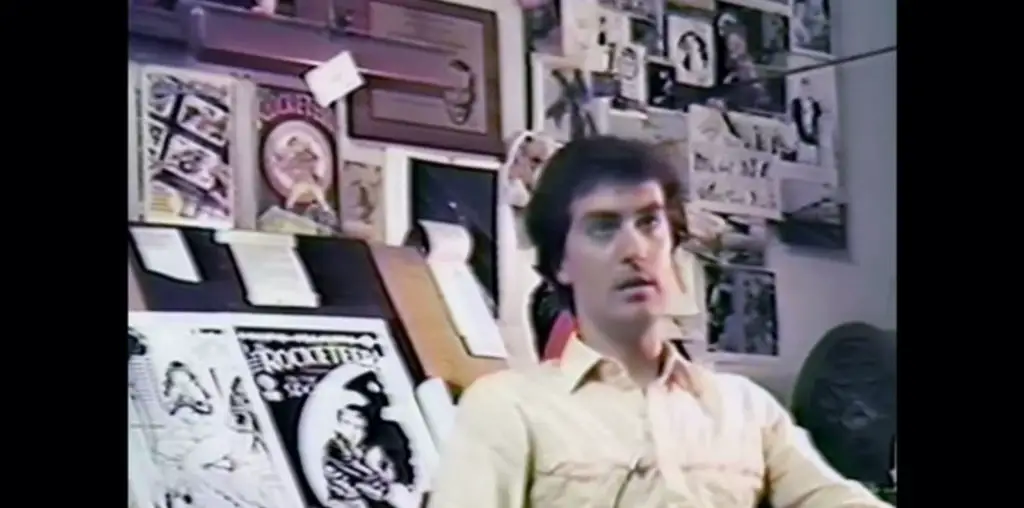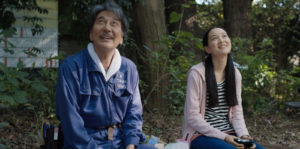
Happiness in this life is what we make of it. That seems to be the message from legendary director Wim Wenders’ latest feature film, Perfect Days, co-written by Takuma Takasaki. You can be a “lowly” janitor in Tokyo who cleans bathrooms and toilets all day, like the protagonist of the movie, Hirayama (Kôji Yakusho) and still be more fulfilled than a billionaire.
For Hirayama, it’s about the little things throughout the day that can bring oneself joy, such as listening to old US rock music cassettes on his drive to work, taking black and white photos of a certain tree, reading old books that he buys for a dollar, or watching baseball at a bar. The title character from the excellent French film Amelie reminds me of a more exuberant version of him, although she had quirkier interests, such as gnomes.
Much of the movie is simply Hirayama going about his mundane routine day after day (such as shaving, bathing, driving to work, doing his cleaning job, and having lunch on a park bench), which sounds like it would be monotonous. Still, Wenders somehow manages to keep it interesting with slight variations. That, along with the fact that Kôji Yakusho has a magnetic and raw presence, lends a confident believability to everything that he does in the film. Yakusho is fantastic because this movie would not work in a lesser actor’s hands.
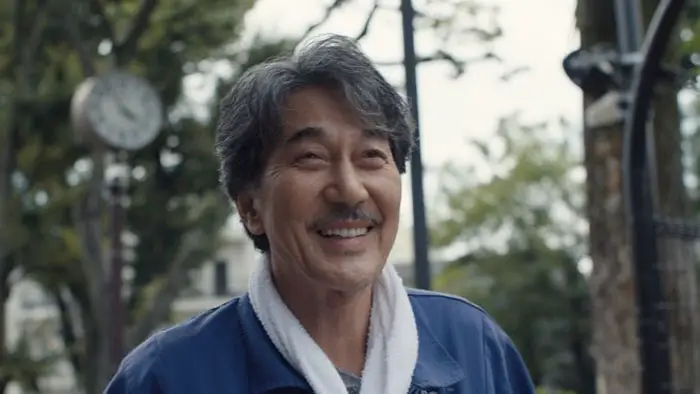
“…janitor in Tokyo who cleans…toilets all day…”
There’s an amusing scene where Hirayama is dragged to an out-of-the-way music shop by his young and enthusiastic co-worker Takashi (Tokio Emoto) because Takashi wants to find out the value of Hirayama’s old cassette tapes. Takashi is over the moon to learn that they are valuable and desperately wants to sell them and take some of the money for a date, but Hirayama is stone-faced. We, the audience, already know through his morning drives while listening to the music that he would never give up his Velvet Underground, Otis Redding, or Van Morrison tapes for all the money in the world. It’s a great example for other filmmakers of how to show the audience something that they can interpret themselves without beating them over the head with it through dialogue.
Perfect Days is mostly devoid of a storyline (which can be both a positive as far as creativity and a negative in keeping viewer engagement), that is, until Hirayama’s niece Niko (Arisa Nakano) comes to live with him. Even that bit of drama is short-lived, though. Still, we do get some great philosophical dialogue between the two about how Hirayama and his sister (Niko’s mom) live in different worlds since Hirayama’s values and way of life are not typical. It’s quite an interesting thing to reflect on since many of us do live in fast-paced worlds. The bright spot of the pandemic was that it gave us all a chance to slow things down. Did we add value to our lives with the little things during that time, like Hirayama?
Franz Lustig’s cinematography is simply sublime, with beautiful shots of Tokyo that I’ve never seen before. We’re used to seeing the futuristic-looking Tokyo buildings. Still, much like Wenders does with the actual film, Lustig takes something seemingly average (like certain “normal” parts of the city that would not usually be filmed) and makes it into something special.
Beauty is in the eye of the beholder, and this film shows us that we could all use a look through the lens that both Hirayama and Wim Wenders use to appreciate the overlooked jewels in this life better.
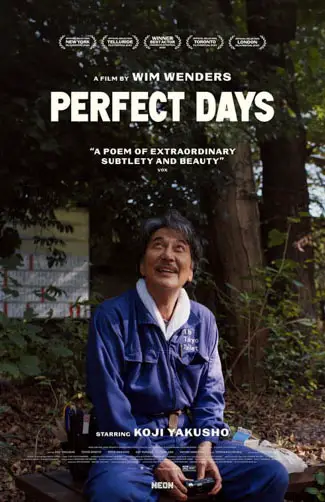
"…Beauty is in the eye of the beholder, and this film shows us that we could all use a look through the lens that both Hirayama and Wim Wenders use to better appreciate the overlooked jewels in this life."
